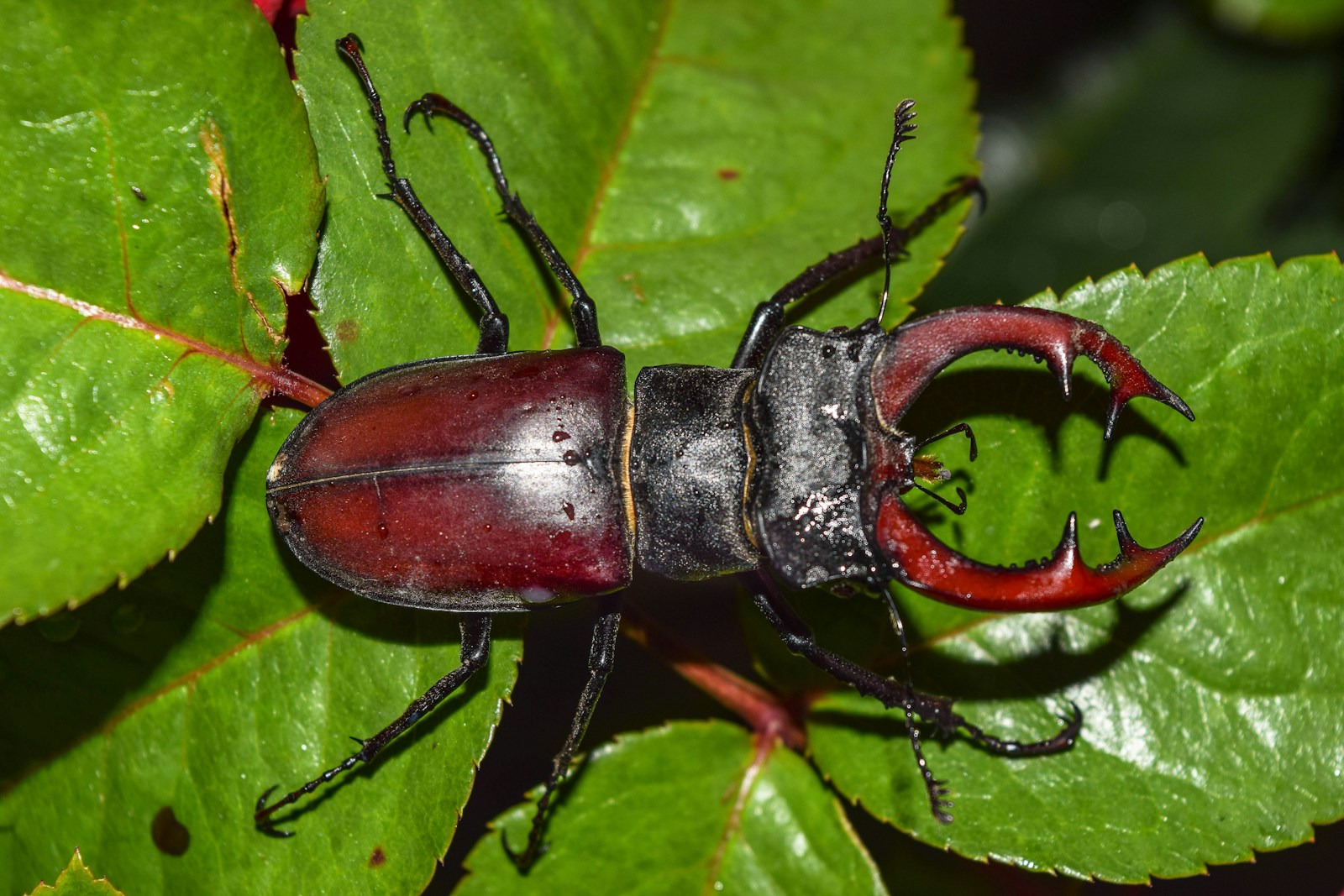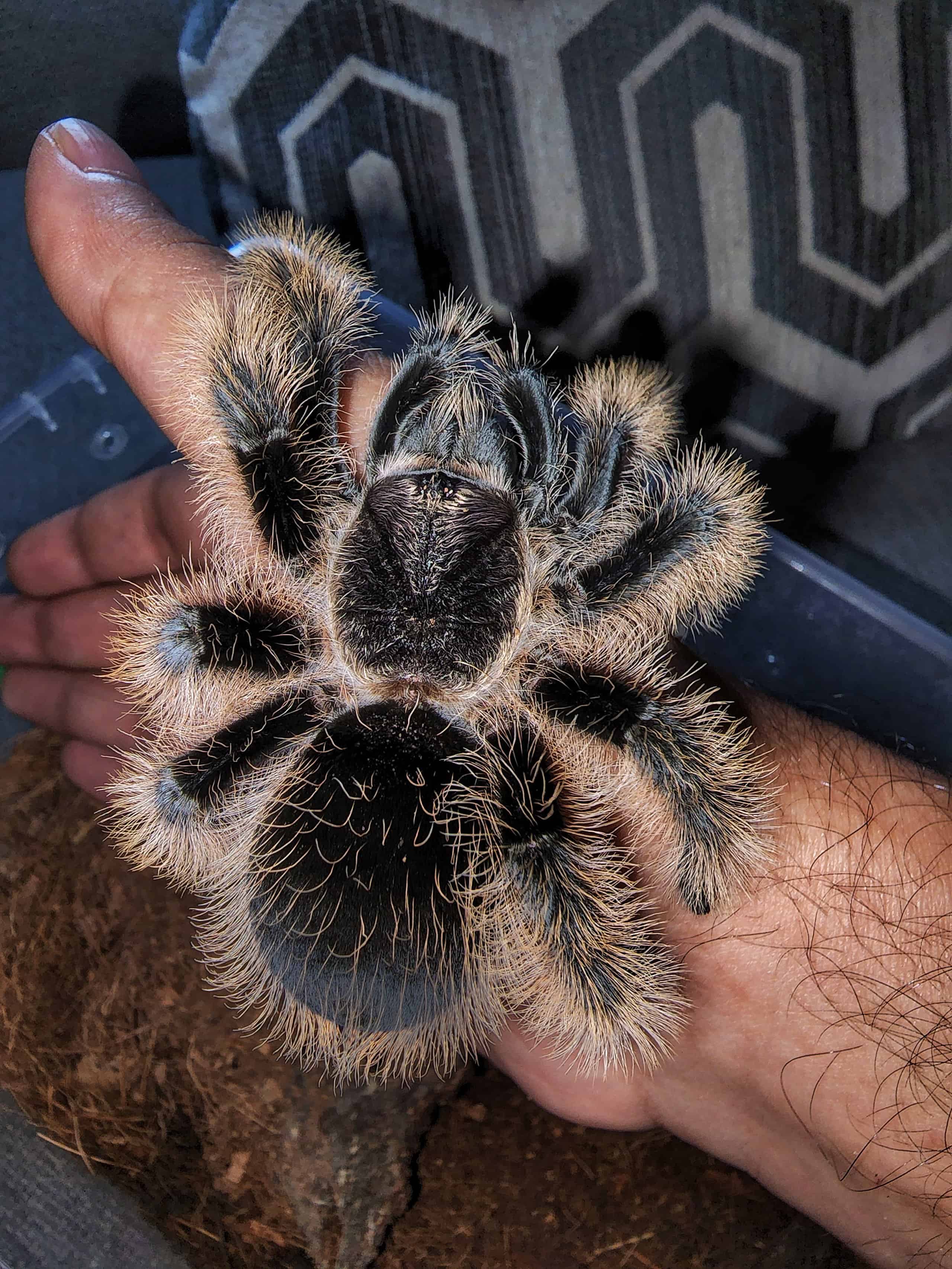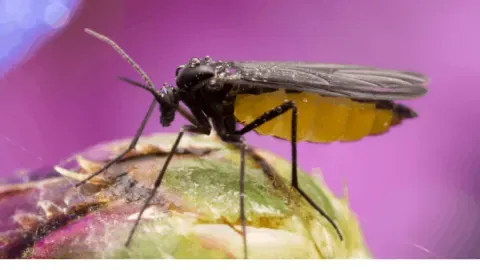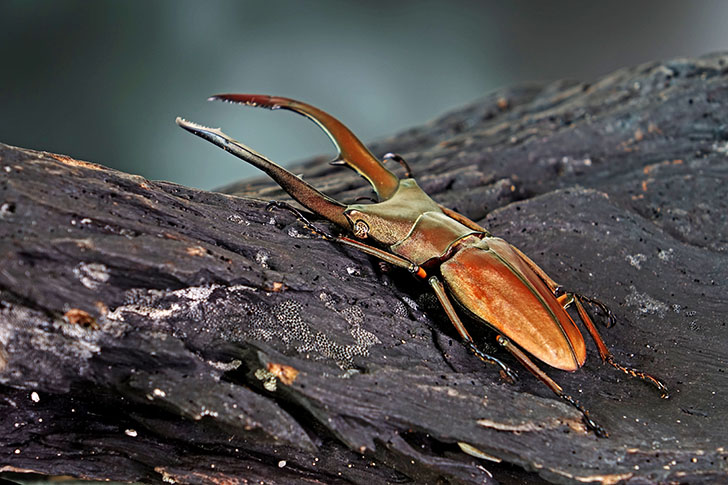Stag Beetle Prices Soar - Exploring the Factors Behind the Surge

The once-humble stag beetle, a familiar sight in gardens and forests across the Northern Hemisphere, has become an unlikely commodity in recent years, with some rare species fetching staggering prices on the black market. This surge in demand has raised concerns about the impact on wild populations and the effectiveness of conservation efforts.
The Lucrative Allure of Stag Beetles
While the exact prices fluctuate depending on species, size, and rarity, reports suggest that particularly large or unique specimens can command thousands of dollars. In 2022, a Japanese breeder reportedly sold a 3-inch-long Dorcus hopei binodulosus, a type of stag beetle native to Japan, for a record-breaking $89,000. This sale highlighted the growing global interest in these insects, driven by a confluence of factors.
Booming Pet Trade Fuels Demand
In many countries, including Japan, China, and parts of Europe, keeping insects as pets has gained immense popularity. Stag beetles, with their impressive mandibles and relatively docile nature, have become highly sought-after additions to these exotic pet collections. The limited availability of certain species, particularly those with unique colorations or mutations, has further fueled the price surge. Online marketplaces and specialized breeders cater to this growing demand, often charging exorbitant prices for rare or highly coveted specimens.
The Influence of Traditional Beliefs and Practices
Beyond their aesthetic appeal, stag beetles hold cultural significance in some societies, contributing to their desirability and market value. In Japan, for example, these insects are revered as symbols of strength and courage. Their larvae, known as "kabutomushi," are popular pets, particularly among children, fostering a long-standing tradition of insect breeding and collection. This deeply ingrained cultural appreciation for stag beetles influences their perceived value, making them more than just pets.
Habitat Loss and Conservation Concerns
As demand for stag beetles rises, so do concerns about the impact on wild populations. Habitat loss due to deforestation and urbanization poses a significant threat to these insects, reducing their natural breeding grounds. The illegal collection and trade of wild-caught beetles further exacerbate the problem, pushing some species towards endangerment.
Conservationists emphasize the need for sustainable breeding practices and stricter regulations to protect wild populations. Some countries have implemented laws restricting the collection and sale of certain species, while others are promoting responsible breeding programs to meet market demand without endangering wild populations.
The Future of Stag Beetle Conservation
Addressing the challenges posed by the lucrative stag beetle trade requires a multifaceted approach. Raising awareness about the ecological importance of these insects and the potential consequences of their exploitation is crucial. Educating consumers about responsible pet ownership and encouraging the purchase of captive-bred specimens from reputable sources can help mitigate the pressure on wild populations.
Strengthening law enforcement efforts to curb illegal collection and trade is equally vital. By collaborating with local communities, conservation organizations, and governments, it's possible to create a sustainable future for these fascinating creatures, ensuring that they continue to thrive in their natural habitats for generations to come.
Concluding Thoughts
The soaring prices of stag beetles reflect a complex interplay of cultural, economic, and ecological factors. While their popularity as pets and symbols of cultural significance is undeniable, it's crucial to prioritize the conservation of these insects and their fragile ecosystems. By addressing the drivers of demand and implementing effective conservation measures, we can strive to ensure that the allure of these fascinating creatures doesn't come at the cost of their survival.



/https://static.texastribune.org/media/images/AmericanBlackBear.jpg)

:max_bytes(150000):strip_icc()/rainwater-harvesting-system-isometric-diagram-1201105579-34cb7b27492f42c387b89fd903a16ba4.jpg)












Comments ()